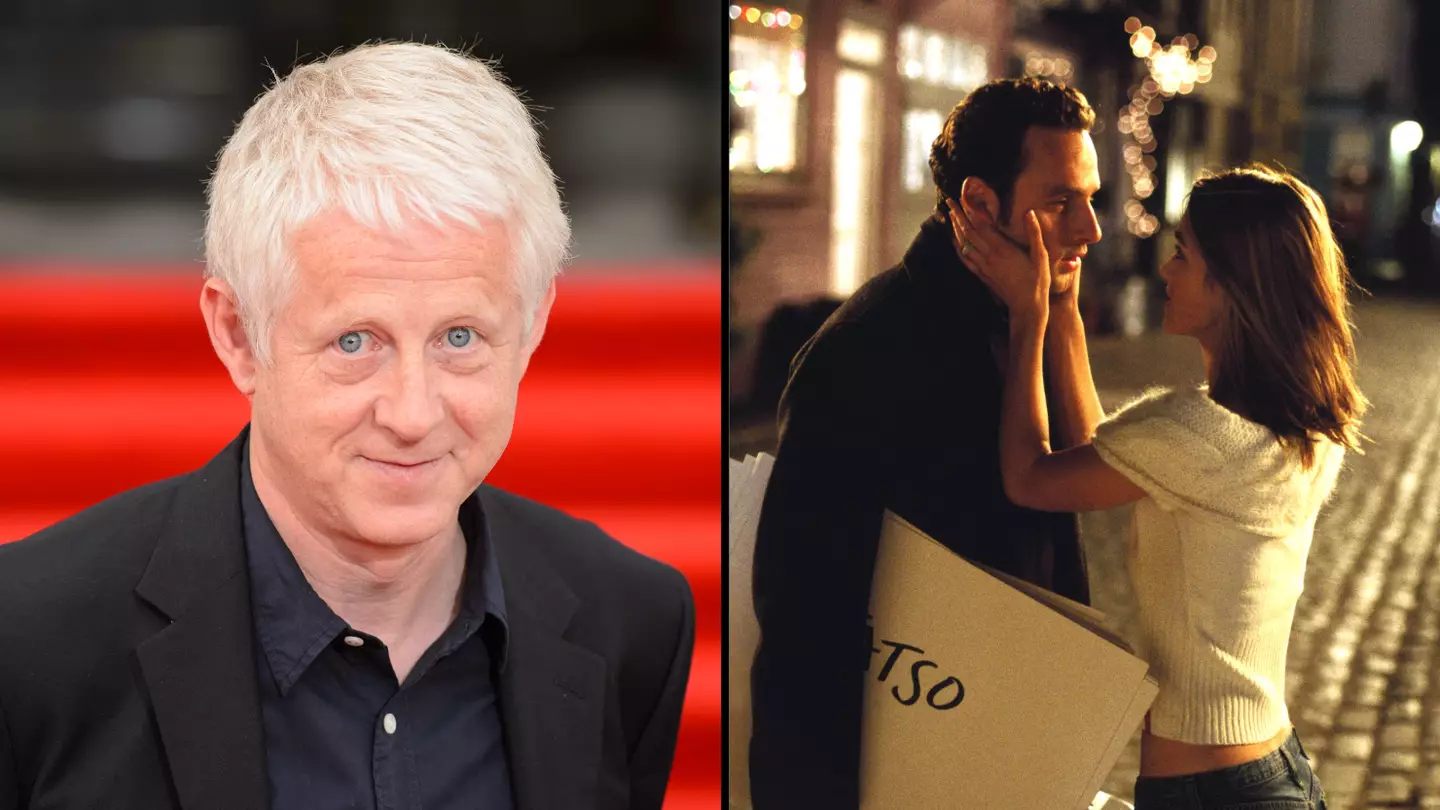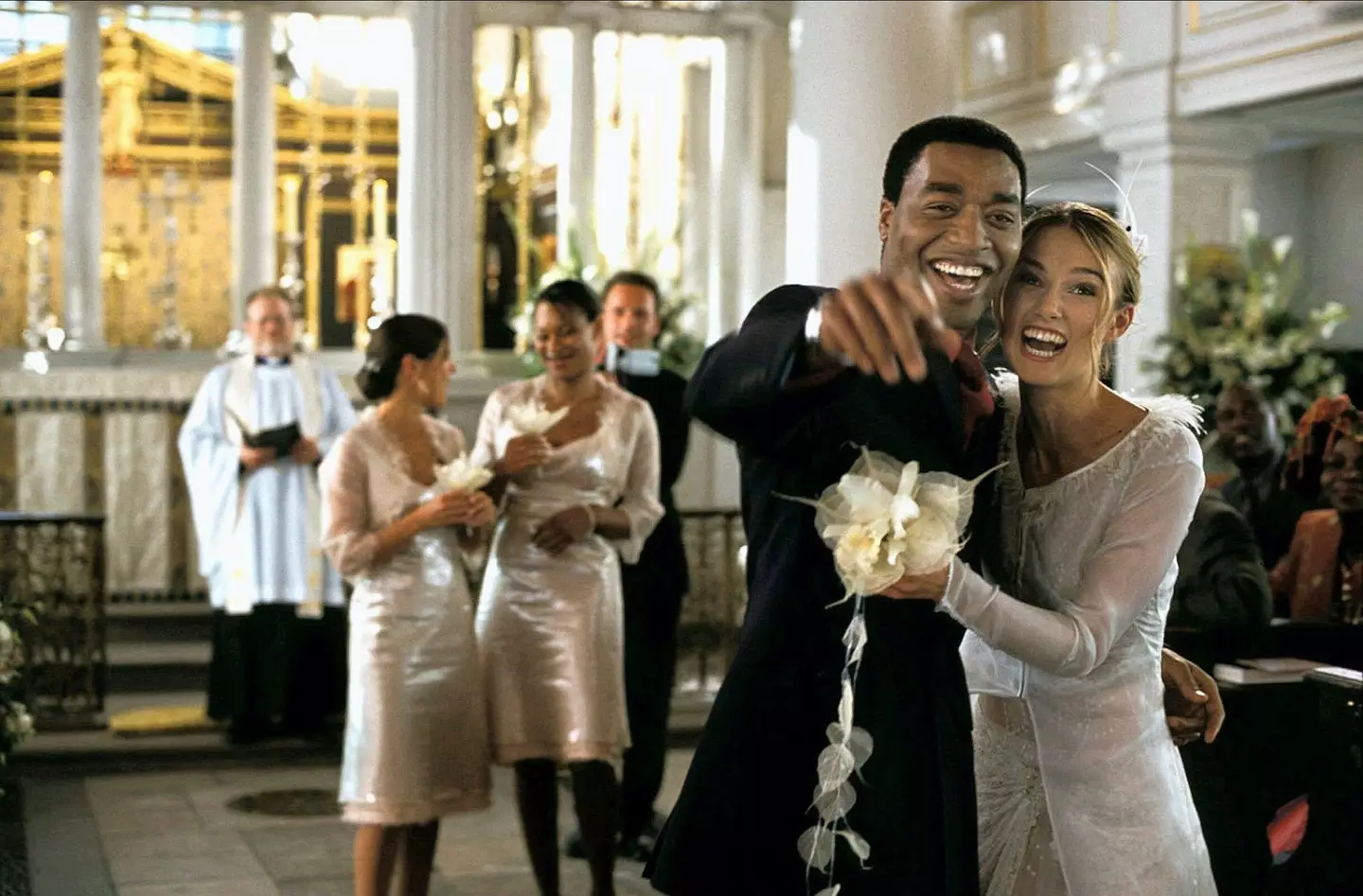
Love Actually director Richard Curtis has admitted he feels ‘stupid’ for not making his film more diverse.
With Christmas just around the corner, the 2003 rom-com is set to be on repeat for the entire festive season.
While many hail it as one of the best feel-good movies, the film has copped criticism in recent years for its lack of diversity.
The flick centres around eight couples who are all loosely intertwined with one another and nearly all of them are Caucasian.
Advert

While speaking to Diane Sawyer for an ABC special ahead of the film’s 20th anniversary, Curtis said this is something he deeply regrets.
He told the broadcaster: “There are things that you would change, but thank God society is changing.
"My film is bound in some moments to feel out of date.
"The lack of diversity makes me feel uncomfortable and a bit stupid.”
Curtis added: “There is such extraordinary love that goes on every minute in so many ways, all the way around the world, and makes me wish my film was better.”
The director later added that when films are well executed, they ‘act as a reminder of how lovely things can be and how there are all sorts of things which we might pass by, which are in fact the best moments in our lives’.
A 2021 study titled ‘Reflecting Me: Global Representation On Screen’, surveyed 15 different countries to see if people were satisfied with on-screen representation and diversity, as per The Hollywood Reporter.

The findings revealed that only half of the surveyed participants were happy with the level of representation on the big and small screens.
However, 79 per cent agreed that more representation is needed.
Almost 60 per cent of surveyed participants reported they were not being represented enough, while 52 per cent felt poorly represented due to stereotypical portrayals.
However, this could be attributed to the lack of diversity behind the camera too.
A recent UCLA study showed that few people of colour work in production, with women, also being underrepresented in the industry, as per CNBC.
People of colour only represent 30 per cent of directors and only 32 per cent of film writers, while women make up less than 22 per cent of directors and 33 per cent of film writers.
“There’s a lot more work that needs to be done, particularly for women of color,” UCLA’s director of research and civic engagement, Ana-Christina Ramon said, as per the outlet.
“They again lag behind, in getting those major jobs as directors of top films.”
Topics: TV and Film